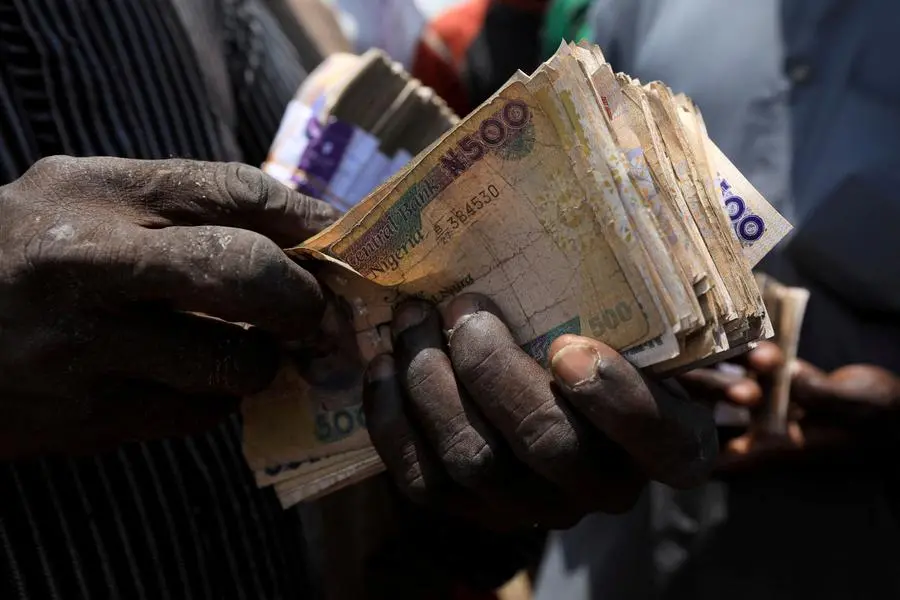Nigeria’s Private Sector Faces Persistent Challenges as Inflationary Pressures Linger – Stanbic IBTC PMI Report

The Stanbic IBTC Bank’s Purchasing Managers Index (PMI) report for November reveals a challenging environment for the Nigerian private sector as inflationary pressures remain elevated, hindering business operations.
While there were tentative signs of improvement, including a return to growth in new orders and a softer decline in output, overall conditions continued to deteriorate.
The PMI, which measures the performance of the private sector, remained below the crucial 50.0 no-change threshold for the fifth consecutive month, indicating sustained contraction.
November’s PMI reading stood at 49.6, up from October’s 46.9, suggesting a marginal decline in business conditions.
According to the report, new orders rose slightly in November after a significant decline in October, marking the third increase in four months.
However, businesses noted that high prices continued to deter customers, keeping demand muted.
Muyiwa Oni, Head of Equity Research West Africa at Stanbic IBTC Bank, stated: “The Nigerian private sector activities deteriorated further in November, albeit at a less pronounced rate relative to October. This less pronounced deterioration was primarily due to the return to growth of new orders in November, after having decreased solidly in October.
“Notably, new orders have now risen in three of the past four months, although the latest expansion was only modest.”
Despite slight improvements in demand, higher energy prices, raw material costs, and ongoing currency weaknesses intensified input price inflation in November.
Businesses reported that input costs increased at a substantial rate, with inflation only marginally lower than October, remaining one of the highest on record.
In the third quarter of 2024, Nigeria’s economy grew by 3.46% year-on-year (y/y), an improvement from 3.19% y/y in Q2:24.
The non-oil sector was the primary driver, growing by 3.37% y/y in Q3:24, spurred by growth in ICT, finance and insurance, trade, road transport, and agriculture.
However, the disconnect between the composite PMI and non-oil GDP growth remains significant, with the PMI for Q3:24 at 49.6 points – indicating deteriorating business conditions – despite strong non-oil GDP growth.
Oni added: “We expect the economy to maintain the Q3:24 growth momentum in Q4:24, supported by festive-induced increases in economic activity and sustained improvement in crude oil production. On balance, we estimate the economy to grow by 3.24% y/y in real terms in Q4:24 and have adjusted our 2024 growth estimate upward to 3.2% from 3.1%.”
November saw a fifth consecutive month of declining business activity, with sectors such as wholesale and retail, and services, experiencing reductions.
Conversely, agriculture and manufacturing showed growth. Employment also fell, ending a six-month streak of job creation, although the decline was marginal and limited to services firms.
Businesses reported a continued rise in purchase costs, driven by higher fuel and raw material prices and currency weaknesses.
Companies also faced elevated staff costs as they supported employees with rising living and transportation expenses. These factors forced firms to raise output prices significantly, contributing to reduced purchasing activity and inventory levels.
Despite the subdued environment, some businesses reported shortened supplier delivery times, supported by improved road conditions, prompt payments, and competition among vendors.
However, business confidence reached a new record low, with optimism for future output driven primarily by expansion and investment plans.
As Nigeria navigates the complex interplay of inflationary pressures and economic growth, the private sector faces a critical juncture.
While improvements in new orders signal potential recovery, high costs and muted demand remain significant hurdles.







